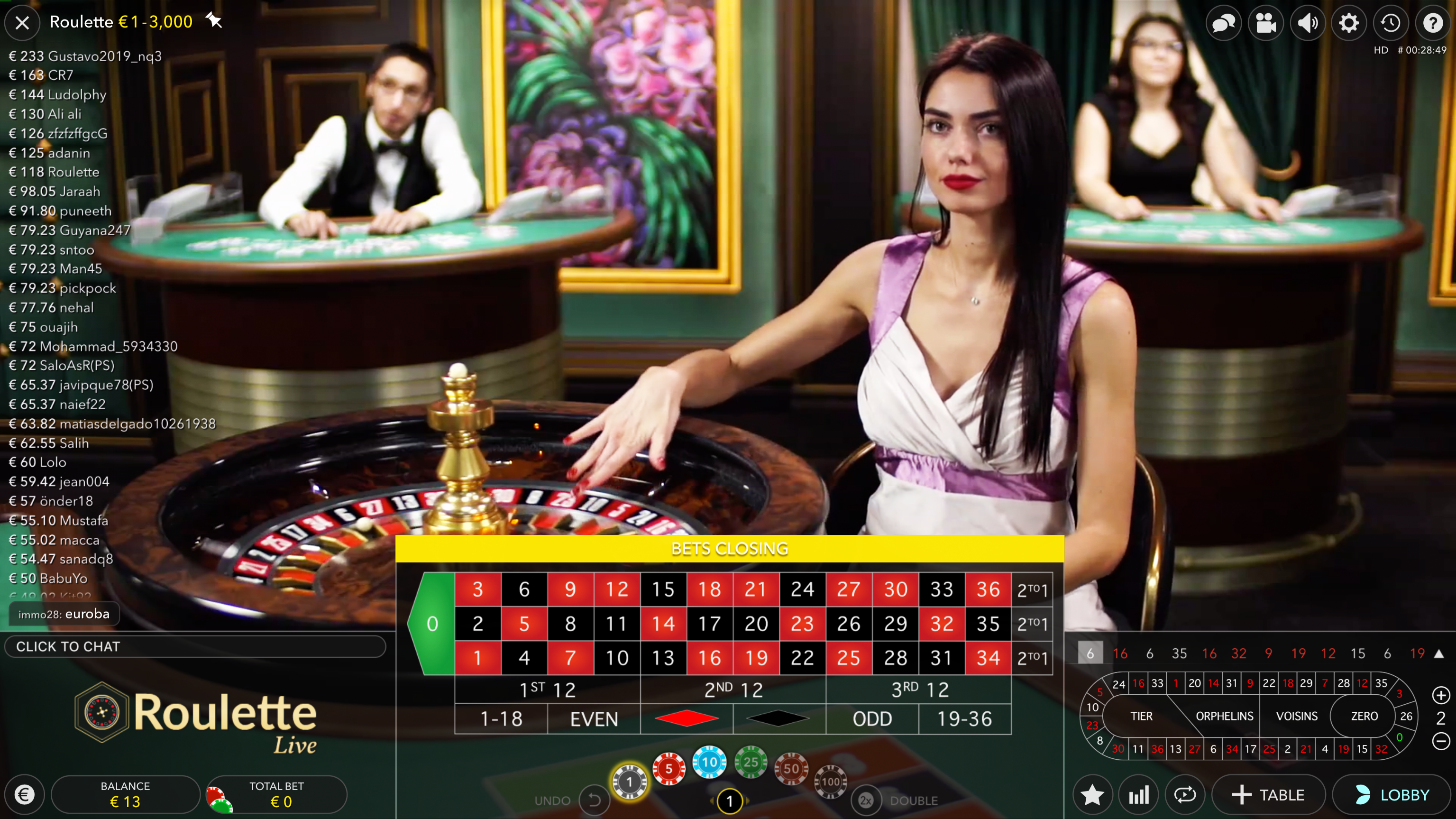The Societal Influence of Casino Activities Across the Globe
admin
- 0

Casino entertainment have long been a captivating form of entertainment, drawing millions of players from different cultures around the globe. From the lively casinos of Vegas to the busy gambling halls of the Chinese gambling capital, these games serve as a common thread that unites people across various backgrounds. The allure of chance, skill, and risk entices not only those seeking to gamble for profit but also those seeking a feeling of belonging.
The influence of casino games extends significantly past the gaming floor. They often embody the cultural standards and traditions of the communities in which they prosper. Games such as seven-card stud, pontoon, and the spinning wheel have woven themselves into the mosaic of mainstream culture, influencing various aspects from movies to clothing. As we explore this captivating intersection of gambling and society, we can gain insights into how these games shape and are affected by the surrounding world.
Chronological Development of Casino Activities
The beginnings of gambling activities can be followed back to historical civilizations, where gambling in various forms was extensively practiced. In China, around 2300 BC, a type of lottery known as Keno was popular, while in old the Roman Empire, soldiers would regularly gamble on the outcomes of their contests. The concept of using luck for entertainment and gain progressed over the ages, leading to the formation of more formal activities. By the final Middle Ages, betting houses began to emerge in Europe, notably in the Italian peninsula, which introduced early incarnations of famous activities still enjoyed today.
As gambling increased popularity in European regions, the 17th and 18th centuries saw the emergence of gambling establishments as dedicated locations for betting. The first official gambling house, the Ridotto, was founded in the Venetian city in sixteen thirty-eight, providing activities like Baccarat games and the game Faro. This era marked a significant turning point, as casinos started to draw not just the elite but also the burgeoning middle class. The complexity of activities evolved, leading to the creation of new rules and modifications that improved the gaming experience.
In the 19th century, the industrial age and shifts in societal conventions also transformed the environment of gaming activities. The arrival of roulette and new one-armed bandits attracted a more diverse audience, and casinos became seen as acceptable recreation. This period witnessed the globalization of gambling, as casinos spread from European nations to the New World, culminating in the establishment of the famous Las Vegas Strip in the 1900s. The development of gaming activities has progressed into the present day, including modern technology and digital sites, rendering them accessible to a universal population.
### Cultural Importance across Diverse Societies
Casino games have significant cultural and social value across a multitude of cultures around the planet. For instance, in Las Vegas, the very essence of the city is woven around gambling establishments, where playing is not just a hobby but a central aspect of social engagement and community interaction. The dazzling lights and dynamic atmosphere attract countless individuals, showcasing how casino games can impact local economies and cultural identities. This environment transforms the notion of recreation into an enriching event that affects apparel, music, and even cinema.
In contrast, some societies approach betting with greater care, viewing it through the lens of morality and customs. For instance, in numerous Asian societies, games like Mahjong and Pai Gow Poker are steeped in history and carry significant social relevance. These games are often played during meetings and occasions, fostering social ties and reinforcing family ties. The act of playing these games goes past mere entertainment, reflecting values such as honoring elders and the importance of shared enjoyment.
At the same time, in European countries such as Monaco and Rome, casino games serve as symbols of opulence and elegance. The stylish atmosphere of these locations attracts both travelers and native inhabitants, upholding a sense of status and rarity. The art of Texas Hold’em and the strategic features of games like banker’s game are celebrated, shaping interpersonal interactions and cultivating an allure that enthralls a varied audience. This highlights how games of chance can simultaneously echo and mold societal views towards danger, benefit, and social interaction.
Financial Influence and Tourism
Casino games play a crucial role in the financial context of many areas, particularly those that depend significantly on visitor traffic. The revenue produced from gambling establishments fuels local economies, creating employment opportunities not only within the casinos themselves but also in related sectors such as hospitality, dining, and entertainment. This surge of tourists, drawn by the allure of gambling and the overall casino experience, stimulates spending across multiple local enterprises, contributing to the economic health of the region.
The existence of casinos often leads to the construction of infrastructure, including lodging, public transit, and leisure amenities. These developments are essential in enhancing the overall tourist experience, making destinations more appealing to visitors. Additionally, many casinos contribute in local communities through support of events and philanthropic initiatives, further integrating themselves into the social fabric of the region. non UK registered casino Such investment not only supports economic growth but also fosters a positive image of the casino industry.
Moreover, the worldwide appeal of casino games drives tourism competition, with regions vying to attract players from around the world. Iconic locations like Las Vegas and Macau have become synonymous with casino culture, drawing millions annually. This advantage encourages innovation and variety within the gambling sector, influencing developments in leisure and accommodation that resonate beyond their borders. The ripple effects of this visitor influx extend wide, impacting local financial health and cultural interactions on a worldwide scale.